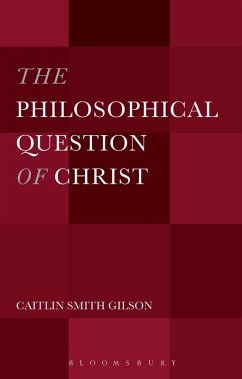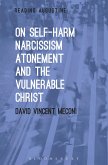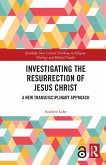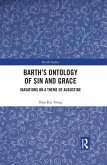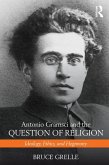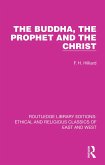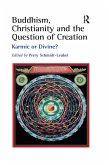Does the figure of Christ provide philosophical reason with its ultimate philosophical challenge? What can thought as thought say about the picture of Christ in the Gospels? Gilson argues that the forgotten hermeneutic of perfection provides the key to a re-thinking of the fundamental categories of reason and faith.
From a strictly philosophic perspective Gilson examines the figure of Christ in the gospels as a unique essence no longer either traceable or reducible to any contributing influences; so unique as to transcend while incorporating all comparative genera; so unique as to carry within itself not its own self-evidence but its own inescapability. The Philosophical Question of Christ examines the fundamental ideas expressed in Christianity: the idea of the Man-God, the meaning of faith, the nature of Grace, death, resurrection, sin and forgiveness. The hermeneutic of perfection discoverable pre-thematically in the Greek tragedies, exemplified in Dostoyevsky, found methodologically in Anselm, Aquinas, Pascal and Kierkegaard is discussed in its epistemological and metaphysical nature. The alternative merely philosophical faith, as exemplified in Karl Jaspers and Eric Voegelin, is discussed, analyzed and shown to be deficient, both philosophically and theologically.
From a strictly philosophic perspective Gilson examines the figure of Christ in the gospels as a unique essence no longer either traceable or reducible to any contributing influences; so unique as to transcend while incorporating all comparative genera; so unique as to carry within itself not its own self-evidence but its own inescapability. The Philosophical Question of Christ examines the fundamental ideas expressed in Christianity: the idea of the Man-God, the meaning of faith, the nature of Grace, death, resurrection, sin and forgiveness. The hermeneutic of perfection discoverable pre-thematically in the Greek tragedies, exemplified in Dostoyevsky, found methodologically in Anselm, Aquinas, Pascal and Kierkegaard is discussed in its epistemological and metaphysical nature. The alternative merely philosophical faith, as exemplified in Karl Jaspers and Eric Voegelin, is discussed, analyzed and shown to be deficient, both philosophically and theologically.

